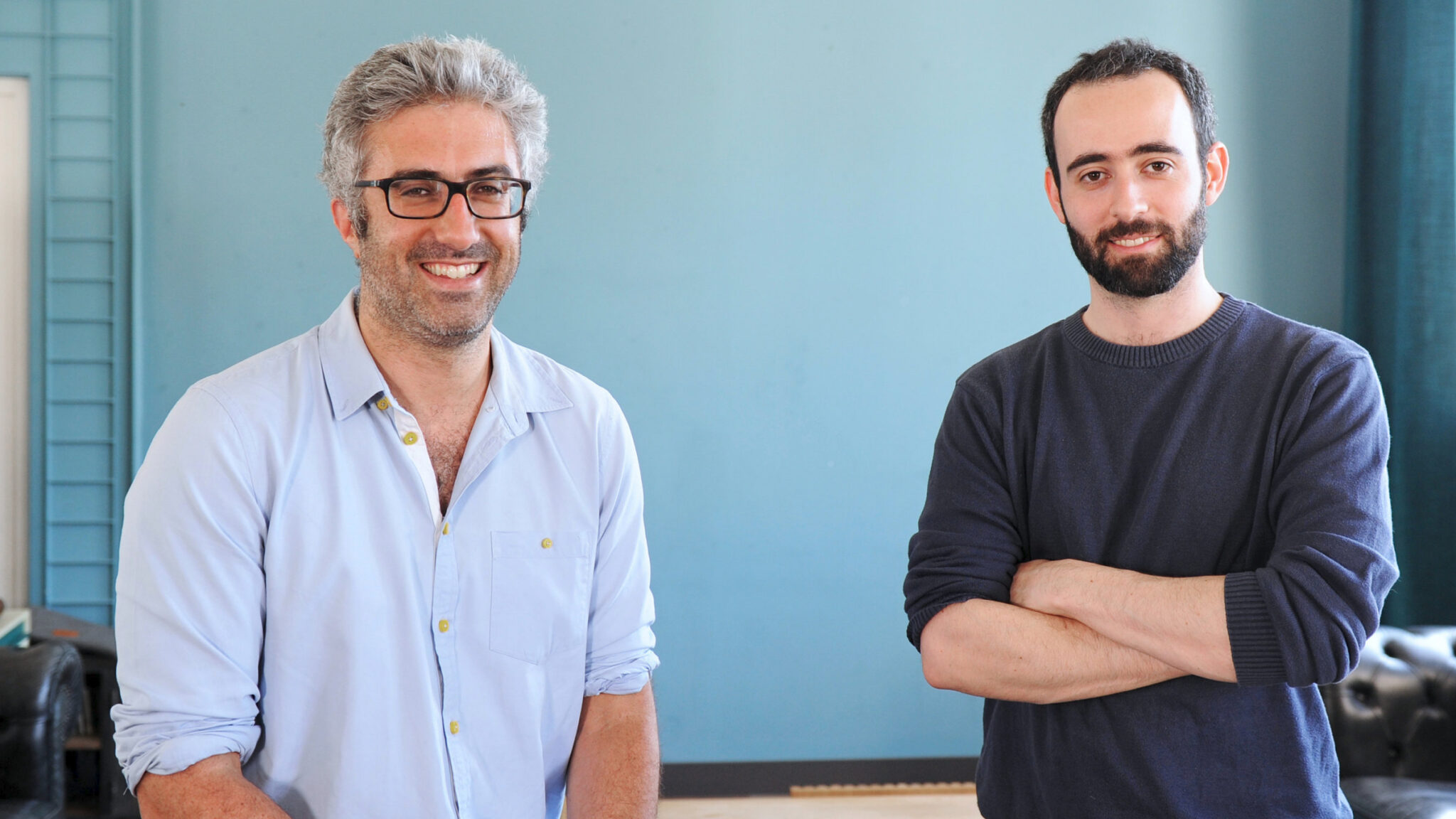
Following tie-up with Sanofi, transatlantic AI firm secures latest Big Pharma deal in nine-figure Bristol Myers pact
More than six months after securing a nine-figure deal with Sanofi for target discovery, a French AI research group has landed its next Big Pharma partnership.
Owkin, under the leadership of CEO Thomas Clozel, announced Wednesday morning that it’s signed on with Bristol Myers Squibb to optimize the Big Pharma’s clinical trials and improve the odds of clinical success, initially in cardiovascular disease. The announcement comes after a deal Owkin made with Sanofi last November that build on the pair’s previous discovery collaboration.
Unlock this article instantly by becoming a free subscriber.
You’ll get access to free articles each month, plus you can customize what newsletters get delivered to your inbox each week, including breaking news.